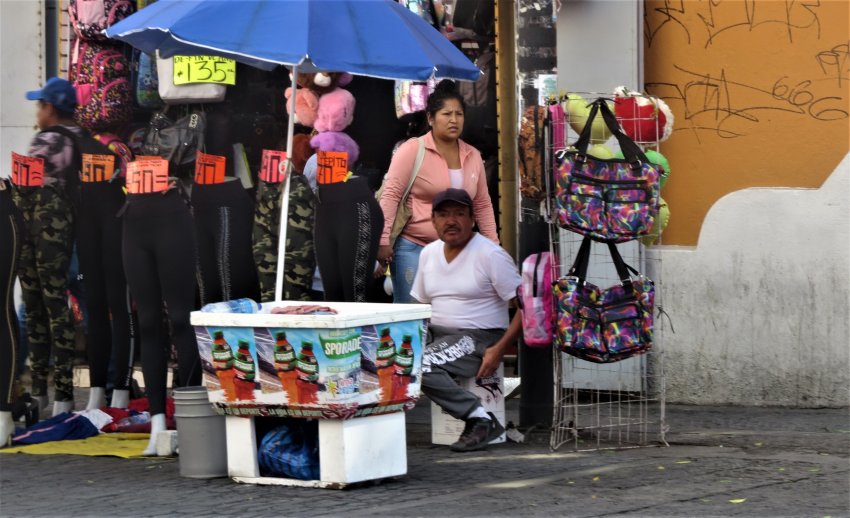Photo group 1

Back in the migrant refuge, we organise working groups and events to add structure to the empty days and try to prevent tension building up. It’s bad enough that many of the refugees here have fled violence, only to wait months for their visas, to now be stuck inside because of the quarantine, unable to work, even informally.
Over a period of less than two weeks, some 7000 migrants have been deported from the US, with the virus as the excuse. And here too, Mexico is deporting refugees and migrants to the Guatemalan border, even though it is closed and there is no interstate transport operating there. Hondurans and others are stranded, with nowhere to stay and no way to return to their country. Many may be killed if they do return. So far, the contingency measures seem to be doing more harm than good.
Here, we watch the videos of people cheering for health workers in London, and they are inspiring, but they don’t really connect. We know our health system won’t be able to handle much. We also know that, with 65% of the workforce being informal and with no such thing as unemployment benefits, the economic impact of quarantining will be devastating to us. Already, in my city of Puebla, half the population has no access to water, or not enough. Soon, people will get kicked out of homes, and hunger — already on their minds — will likely become common.